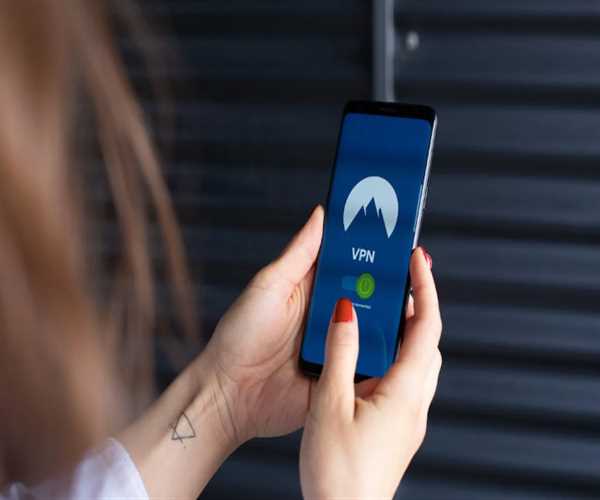In today's interconnected world, the need for secure communication over public networks has become paramount. With the rise in cyber threats and the potential for unauthorized access to sensitive data, individuals and organizations must adopt robust security measures. Virtual Private Networks (VPNs) have emerged as a popular solution to enable secure communication over public networks. In this blog, we will explore the significance of VPNs and understand how they facilitate secure and private communication in an increasingly vulnerable digital landscape.
Understanding Virtual Private Networks (VPNs)
A VPN is a technology that creates a secure and encrypted connection, often referred to as a tunnel, between a user's device and a remote server. This connection effectively shields the user's online activities from prying eyes, providing a secure pathway for data transmission. VPNs use encryption protocols to encode the data and ensure its confidentiality, integrity, and authenticity.
Securing Data Transmission
One of the primary functions of a VPN is to secure data transmission over public networks, such as the internet. When a user connects to a VPN server, their data is encrypted before being transmitted. Encryption transforms the data into an unreadable format, making it unintelligible to anyone who intercepts it without the decryption key. This encryption protects the data from eavesdropping and unauthorized access, ensuring that sensitive information remains secure.
Protecting Against Eavesdropping and Data Interception
Public Wi-Fi networks, often found in cafes, airports, and other public places, can be particularly vulnerable to eavesdropping and data interception. Hackers can exploit these unsecured networks to capture sensitive information, including passwords, credit card details, and personal data. By using a VPN, users can establish a secure connection that shields their online activities from potential attackers. The encryption provided by the VPN prevents eavesdroppers from intercepting and deciphering the transmitted data.
Maintaining Privacy and Anonymity
In addition to securing data transmission, VPNs also offer privacy and anonymity to users. When connected to a VPN, the user's IP address is masked and replaced with the IP address of the VPN server. This effectively hides the user's real identity and location, making it difficult for third parties to track their online activities. This aspect is particularly useful for individuals who wish to protect their privacy and maintain anonymity while browsing the internet.
Bypassing Geographical Restrictions
VPNs also enable users to bypass geographical restrictions imposed by content providers and governments. By connecting to a VPN server located in a different country, users can appear as if they are accessing the internet from that specific location. This feature allows individuals to access regionally restricted content, bypass censorship, and overcome internet censorship in countries with strict online regulations.
Enhancing Remote Access and Security
VPNs are widely used by organizations to provide secure remote access to their employees. By utilizing a VPN, remote workers can establish a secure connection to the company's private network, ensuring that sensitive data transmitted between the employee's device and the company's network remains protected. This remote access allows employees to work from anywhere, maintaining productivity while minimizing security risks.
Conclusion
In an era where privacy breaches and cyber threats continue to rise, VPNs have emerged as a crucial tool for enabling secure communication over public networks. By creating encrypted tunnels and masking users' IP addresses, VPNs protect data transmission, safeguard against eavesdropping, and maintain privacy and anonymity. Additionally, VPNs allow users to bypass geographical restrictions and enhance remote access capabilities for organizations. As the digital landscape evolves, the significance of VPNs in ensuring secure communication will only increase, emphasizing the importance of adopting these powerful tools to protect sensitive information and maintain digital privacy and security.




Leave Comment